Awami League (AL) General Secretary Obaidul Quader affirmed the significant contribution of Bangladesh Chhatra League (BCL) to the country's liberation war, noting that approximately 17,000 BCL members sacrificed their lives during the 1971 conflict.
Quader emphasized that under the leadership of the Father of the Nation Bangabandhu Sheikh Mujibur Rahman, Awami League played a pivotal role in securing Bangladesh's independence, with BCL making undeniable contributions to the liberation war.
Highlighting BCL's commitment to upholding the spirit of the liberation war, Quader underscored that the organization operates based on its constitution and principles, rejecting any form of occupation.
He criticized the actions of military dictator Ziaur Rahman, who initiated the occupation of educational institutions and manipulated student leaders to consolidate his power, leading to the establishment of Chhatra Dal, which deviated from the ideals of student politics.
Quader condemned Zia's reintroduction of defeated anti-liberation forces into politics, resulting in the propagation of religion-based communal politics and disrupting the democratic environment in educational institutions.
Regarding BNP's stance on the country's independence and liberation war, Quader warned that perpetuating falsehoods would only isolate them further from the people. He reiterated the logical recognition of Bangabandhu Sheikh Mujibur Rahman, Awami League, and Bangladesh's Great War of Liberation.
Quader emphasized that opposing Bangabandhu and Awami League equates to opposing history itself, leading to the inevitable defeat of those who stand against it. He highlighted the diminishing influence of anti-history forces like BNP and its allies, attributing it to repeated rejection by the people.
Addressing BNP's claims of torture, Quader asserted that legal action was taken against them for resorting to terrorism and violence during the 12th general elections. He noted the gradual release of BNP leaders and activists, highlighting the consequences of their actions.



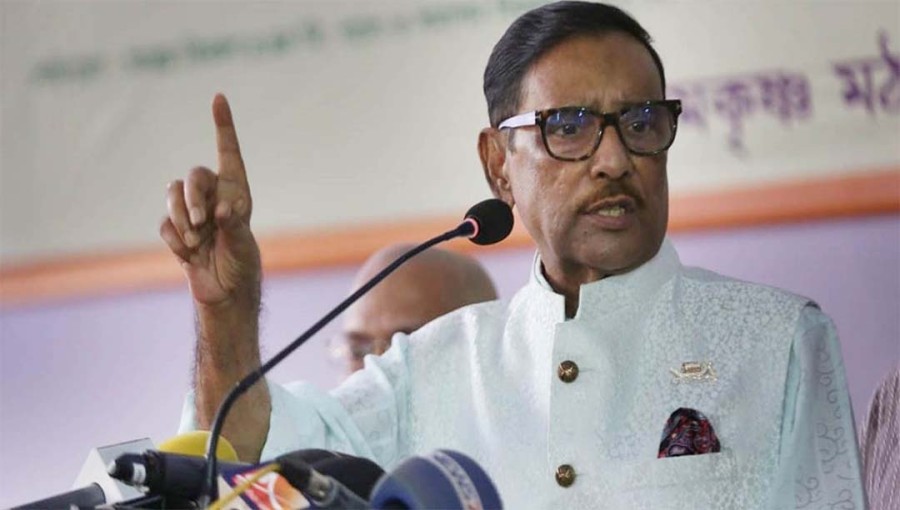

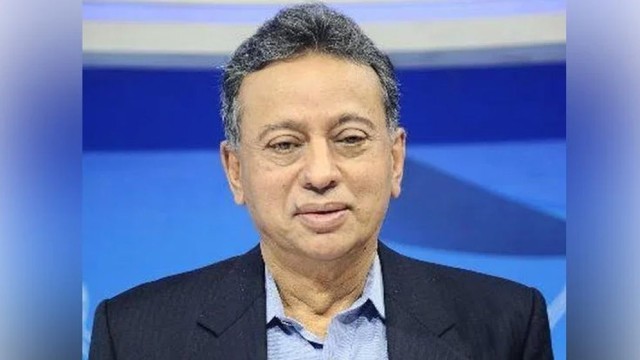




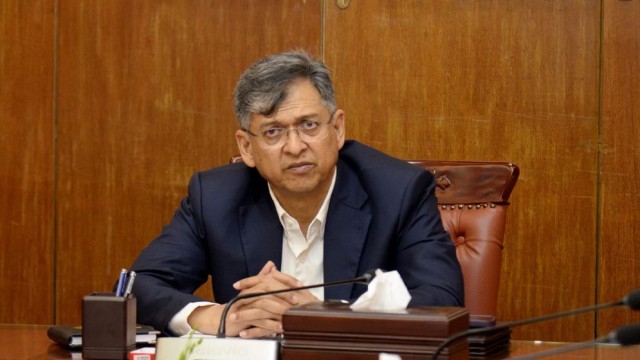
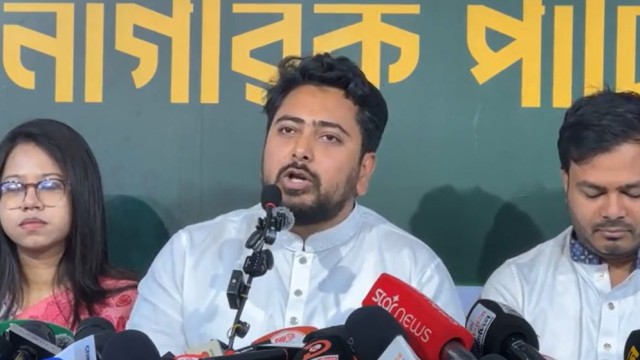
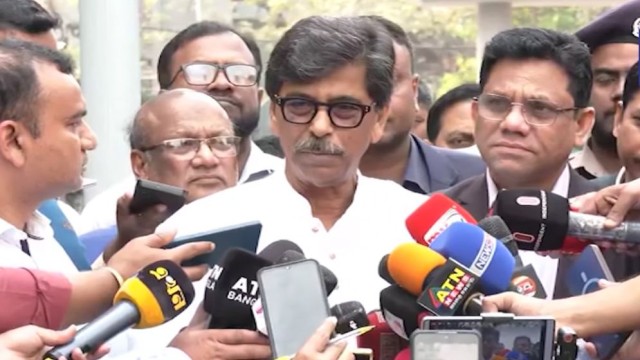
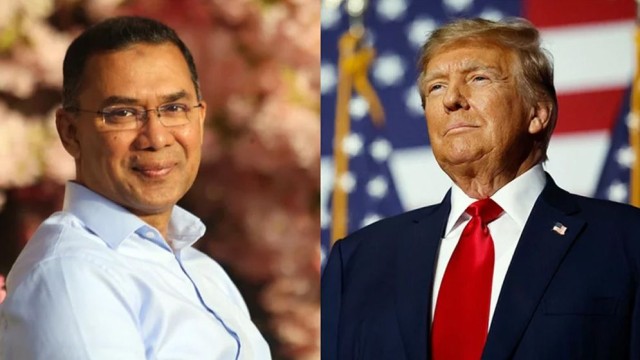
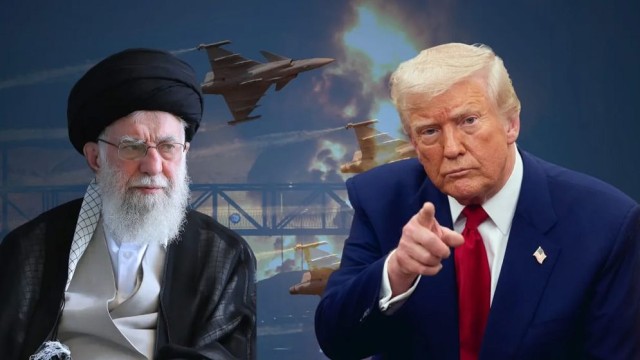



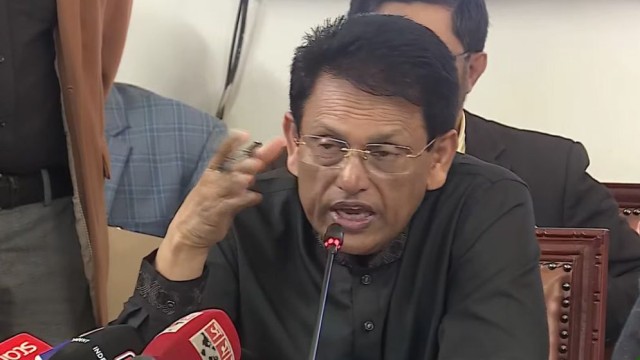
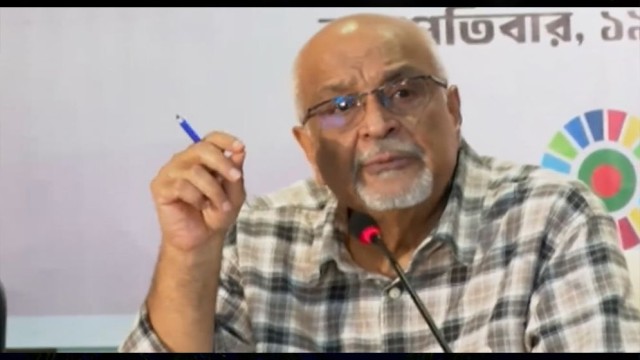











Comment: